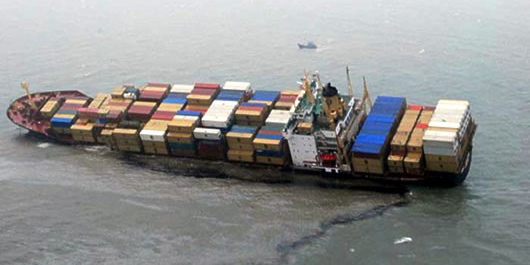A transformative directive reshaping Kenya’s trade and insurance sectors officially came into force on July 1, 2025. From this date forward, all imports into the country must be insured through local insurance companies.
The move, fully enforced by the Kenya Revenue Authority (KRA) and the Insurance Regulatory Authority (IRA), is designed to strengthen the domestic insurance industry, retain revenue within the country, and improve risk oversight associated with international shipments.
This directive draws legal authority from amendments introduced in the Finance Act, 2017—particularly changes to Section 16A and Section 20(4) of the Marine Insurance Act, which mandate that marine cargo insurance be procured only from insurers licensed under Kenya’s Insurance Act. As a result, foreign insurers are now legally barred from underwriting cargo bound for Kenya.
Importers are now required to present a valid digital Marine Cargo Insurance (MCI) certificate issued by a licensed local insurer before customs clearance can proceed. The system has been fully digitized, integrating mobile applications, customs agents, and online portals, all of which feed into IRA’s verification network and are automatically synchronized with KRA’s Integrated Customs Management System (ICMS).
The rollout of this policy is being hailed by many as a bold and strategic intervention to revitalize Kenya’s insurance sector. By securing the marine insurance space for domestic players, the directive is expected to generate new revenue streams, build local underwriting capacity, and encourage greater investment in insurance training, technology, and reinsurance partnerships. Proponents believe it will drive a more specialized and competitive insurance industry that can fuel long-term economic growth.
However, the directive has not gone unchallenged. Importers, trade experts, and international suppliers have raised concerns that the policy may disrupt established global trade practices. Chief among these concerns is the impact on Cost, Insurance, and Freight (CIF) terms, where sellers typically arrange insurance to the destination port. The new directive overrides such arrangements, requiring sellers or buyers to switch to Kenyan insurers regardless of existing contractual obligations.
Similarly, Free on Board (FOB) transactions—where buyers independently choose insurers—are also affected, limiting the ability to engage foreign insurers who may offer more competitive pricing, broader risk coverage, or long-standing relationships. This shift raises questions about reduced competition in the insurance space, potential increases in premium rates, and whether Kenya’s insurers have the financial muscle and technical expertise to handle complex or high-value shipments, particularly in light of global instability such as piracy in the Red Sea and supply chain disruptions.
As this directive takes full effect, Kenya stands at a delicate juncture. While the opportunity to build a resilient local insurance industry is significant, so too are the risks of disrupting international trade norms and increasing operational costs for businesses. In the coming months, stakeholders will be watching closely to see whether the benefits outweigh the challenges and whether this bold policy shift will be remembered as a breakthrough or a misstep.
Stay with us for continuing coverage as the import-export community navigates the realities of Kenya’s new insurance order.
This article was published by Githua Kihara, an editorial consultant for FEAFFA’s Freight Logistics Magazine. For any inquiries, please contact us via email at editorial@feaffa.com or freightlogistics@feaffa.com, or reach out to Andrew Onionga directly at onionga@feaffa.com / +254733780240.





